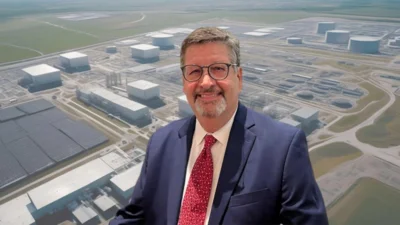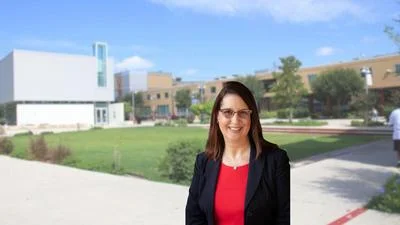Texas Senator Ted Cruz has, again, voiced his support for Bitcoin mining in Texas, citing the state's abundant energy resources and entrepreneurial spirit as key advantages, among other reasons.
In a radio interview in August, Cruz said that Texas is "an oasis for Bitcoin mining.
At a recent event, Cruz explained that Texas was a leader in wind energy and that 50% of the natural gas flared in the U.S. comes from the Permian Basin in West Texas, which he sees as an opportunity for Bitcoin mining and Texas to enhance its energy infrastructure by utilizing otherwise wasted energy and providing flexibility during emergencies.
"What Bitcoin presents is an opportunity in real time to enhance the resiliency of our grid," said Cruz at the event.
A Texas A&M study concluded the same, that Bitcoin miners could seek out Texas' latent or unused energy to power their mines, potentially improving grid reliability.
As of 2024, Bitcoin mining in Texas has experienced substantial growth, driven by the state's abundant energy resources, as well as a favorable regulatory environment, according to S&P Global. Texas has emerged as a leading state for large-scale Bitcoin mining, with five of the ten largest Bitcoin mines located within its borders.
In a radio interview earlier this month, Cruz said "what makes Texas different from the rest of the world is that Texans love freedom, and so do digital asset bulls."
Cruz joins other Republican leaders like President Donald Trump and the entire Republican Congressional delegation from Texas in support of the industry. According to StandwithCrypto.org, a website that tracks the voting records of elected officials on Bitcoin and crypto, all Texas Republicans that have been rated received an A or better
Texas' Democrat elected officials received mixed reports from StandwithCrypto, with Congressmen Greg Casar, Al Green, and Joaquin Castro receiving Fs (strongly against), while Vicente Gonzalez and Marc Veasey received an A.
Bitcoin mining will likely be a topic of conversation in the upcoming legislative session, after critical comments made by Texas Lt. Gov. Dan Patrick about its power usage during and after a hearing of the Texas Senate Business & Commerce Committee.





